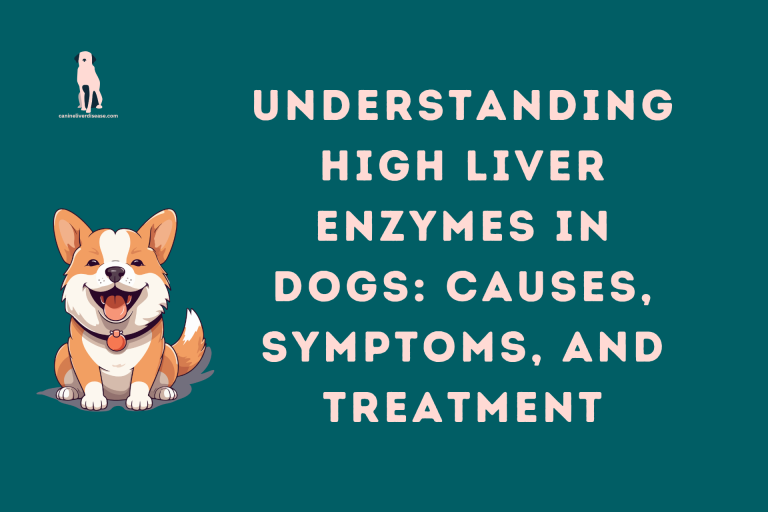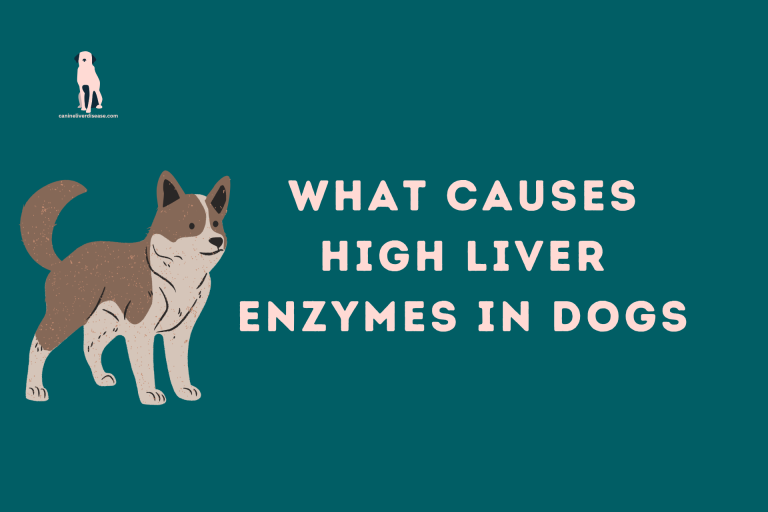What To Feed A Dog With High Liver Enzymes
If you have a furry friend with high liver enzymes, it’s essential to provide them with the right diet to support their liver health. Liver enzymes play a crucial role in your dog’s overall well-being, and a specialized diet can make a significant difference in their condition. In this article, we will explore what to feed a dog with high liver enzymes, ensuring they get the nutrition they need to thrive.
Understanding Liver Enzymes
Before we dive into dietary recommendations, let’s briefly understand liver enzymes. These enzymes are produced by the liver and are essential for various metabolic processes in your dog’s body. When liver enzyme levels are elevated, it can indicate liver disease or dysfunction.
Consulting Your Vet
Before making any dietary changes, consult your veterinarian. They can diagnose the underlying cause of the elevated liver enzymes and provide guidance on the best approach to manage your dog’s condition. Your vet may recommend specific diets or supplements tailored to your dog’s needs.
A Specialized Diet
When it comes to feeding a dog with high liver enzymes, a specialized diet can be a game-changer. Here are some dietary considerations:
1. Low Protein
Reducing the protein content in your dog’s diet can ease the burden on their liver. Opt for high-quality dog food formulated for liver health, which typically contains lower protein levels.
2. High-Quality Protein
While lowering protein is important, it’s equally crucial to provide high-quality protein sources. Chicken and fish are excellent choices as they are easily digestible and gentle on the liver.
3. Low Copper
Certain breeds are prone to copper storage diseases, which can worsen liver conditions. Ensure the dog food you choose has low copper levels, especially for these breeds.
4. Easily Digestible Carbohydrates
Incorporate carbohydrates like rice or sweet potatoes into your dog’s diet. These provide energy while being gentle on the liver.
5. Antioxidants
Foods rich in antioxidants, such as blueberries and spinach, can help combat oxidative stress in the liver.
6. Omega-3 Fatty Acids
Omega-3 fatty acids, often found in fish oil supplements, can reduce inflammation and support liver health.
Feeding Schedule
Maintaining a regular feeding schedule is crucial for dogs with high liver enzymes. Avoid feeding them large meals; instead, opt for smaller, more frequent meals throughout the day. This helps prevent any strain on the liver.
Conclusion
In conclusion, a tailored diet plays a vital role in managing a dog’s high liver enzymes. Remember to consult your vet for a personalized plan. By providing low-protein, high-quality protein, low-copper, easily digestible carbohydrates, antioxidants, and omega-3 fatty acids, you can support your furry friend’s liver health and overall well-being.
FAQs
Can I feed my dog homemade liver-friendly meals?
While homemade meals can be an option, it’s crucial to consult your vet or a canine nutritionist to ensure they meet your dog’s specific needs.
Are there any treats suitable for dogs with liver issues?
Yes, there are specialized liver treats available that are gentle on the liver. Consult your vet for recommendations.
How long should I stick to a liver-friendly diet?
The duration of the diet depends on your dog’s condition. Your vet will advise on the appropriate timeline.
Can supplements help manage high liver enzymes?
Supplements like milk thistle can be beneficial, but their use should be discussed with your vet.
What are the common symptoms of liver issues in dogs?
Common symptoms include lethargy, loss of appetite, jaundice (yellowing of the eyes or skin), and vomiting. If you notice any of these signs, seek immediate veterinary care.







